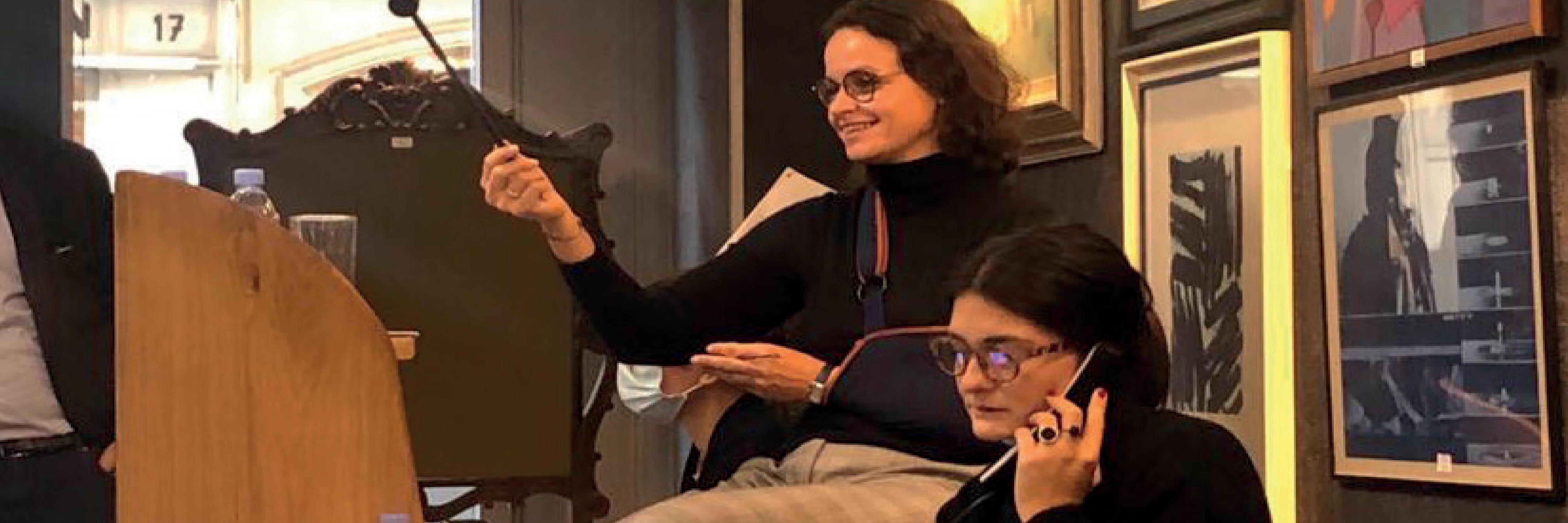Why buy at auctions
Buying at auction: a free, responsible, and secure experience
An experience open to all
Attending an auction is, above all, a free activity that is accessible to everyone.
Our sales are public and open to all curious individuals, enthusiasts, and collectors. Whether you simply want to discover the unique atmosphere of an auction room or try your hand at bidding for the first time, you are welcome!
A legal guarantee and enhanced security
The legal framework for auctions in France is among the most protective in the world.
Each auction house is subject to strict regulations, guaranteeing transparency and buyer protection.
👉 The auction house is responsible for the authenticity of the items it sells for 10 years.
In case of doubt or subsequent discovery of a lack of authenticity, you can request a refund upon presentation of valid and consistent expert reports.
This regulation, resulting from the 2001 law, modernized the French auction market and established a supervisory body: the Conseil des maisons de vente (Council of Auction Houses), responsible for ensuring compliance with the rules and investigating any complaints.
This body has significant disciplinary powers, which can go as far as withdrawing an operator's license.
Finally, the drafting of lot descriptions is governed by the Marcus Decree (Decree No. 81-255 of March 3, 1981), which guarantees clear and accurate information for each buyer.
An ethical and sustainable purchase
Buying at auction also means consuming differently.
The items on offer are antique, second-hand, artistic, or handcrafted—a truly eco-friendly and responsible choice.
Giving new life to a work of art, a piece of furniture, or an object steeped in history means participating in a circular economy, far removed from mass production.
Auctions are also eco-friendly!
Attend, bid, acquire...
Participating in an auction is a unique experience, combining emotion, discovery, and trust.
Whether you are a novice or an experienced collector, our team is here to guide you every step of the way.

20250220175955.png)




